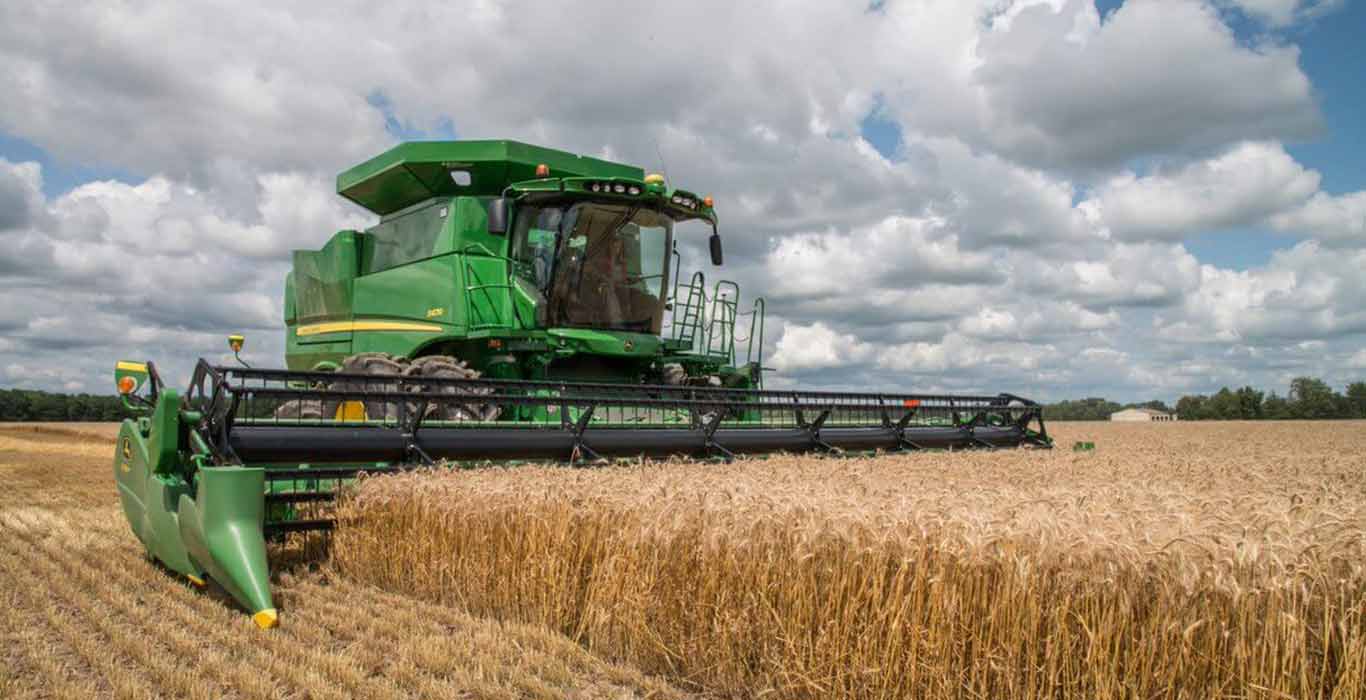Welcome To ChemAnalyst

The European Union (EU) is in a race against time, with a looming deadline of Friday, to determine whether it will prolong a ban on Ukrainian food imports imposed by five neighboring countries. Poland, Slovakia, Hungary, Romania, and Bulgaria have expressed their grievances, arguing that the influx of agricultural products from Ukraine has inflicted harm on their domestic farmers. This contentious issue has not only strained diplomatic ties but also posed a challenge to European solidarity in supporting Ukraine as it grapples with Russia's ongoing invasion. Furthermore, the leaders of Poland and Hungary have explicitly demanded the renewal of the import ban on Ukrainian agricultural products, even hinting at the possibility of taking unilateral actions if the EU fails to act promptly. In a noteworthy turn of events, Bulgarian lawmakers have voted in favor of resuming imports of Ukrainian food products, contributing to the complexity of the situation.
The crux of this issue lies in the perceived impact of Ukrainian agricultural imports on the agricultural sectors of the aforementioned EU member states. These countries contend that the surge in Ukrainian agricultural products, including grains and meat, has led to unfair competition and financial losses for their own farmers. The concern about safeguarding their domestic agricultural industries has prompted these nations to call for the continuation of the ban.
This debate is occurring against the backdrop of Europe's broader efforts to support Ukraine in its ongoing conflict with Russia. While the EU has consistently expressed its backing for Ukraine and imposed sanctions on Russia in response to the invasion of Ukrainian territory, the internal divisions over the Ukrainian food ban reveal a crack in the facade of European unity.
Poland and Hungary, in particular, have been vocal in their insistence on extending the ban. Their leaders have underlined the importance of protecting their domestic agricultural sectors and have issued ultimatums that they may independently reimpose the ban on Ukrainian agricultural imports if the EU does not comply with their demands.
Bulgaria, on the other hand, has taken a different stance. In a recent development, Bulgarian lawmakers have voted to lift the ban on Ukrainian food imports. This decision marks a noteworthy shift in Bulgaria's position, potentially easing tensions within the EU regarding this issue. It's worth noting that Bulgaria's decision comes in response to a request from Ukrainian President Volodymyr Zelenskyy, who sought support in this matter during his visit to Bulgaria.
As the clock ticks toward the Friday deadline, the EU faces a critical decision. The bloc must weigh the concerns of member states like Poland and Hungary, who argue for the ban's extension to protect their farmers, against the desire for unity and support for Ukraine in its ongoing struggle against Russia. The EU's response will carry implications not only for its internal cohesion but also for its broader foreign policy and relations with Ukraine.
In conclusion, the European Union is currently grappling with a pressing decision on whether to extend a ban on Ukrainian food imports imposed by five neighboring member states. The concerns raised by Poland, Slovakia, Hungary, Romania, and Bulgaria regarding the impact of Ukrainian agricultural products on their domestic farmers have heightened tensions within the EU. This situation underscores the delicate balance between safeguarding domestic industries and maintaining unity in support of Ukraine's battle against Russia's ongoing invasion. As the deadline approaches, the EU's decision will shape its stance on these critical issues and its ability to navigate internal divisions while maintaining a unified external stance.
We use cookies to deliver the best possible experience on our website. To learn more, visit our Privacy Policy. By continuing to use this site or by closing this box, you consent to our use of cookies. More info.
